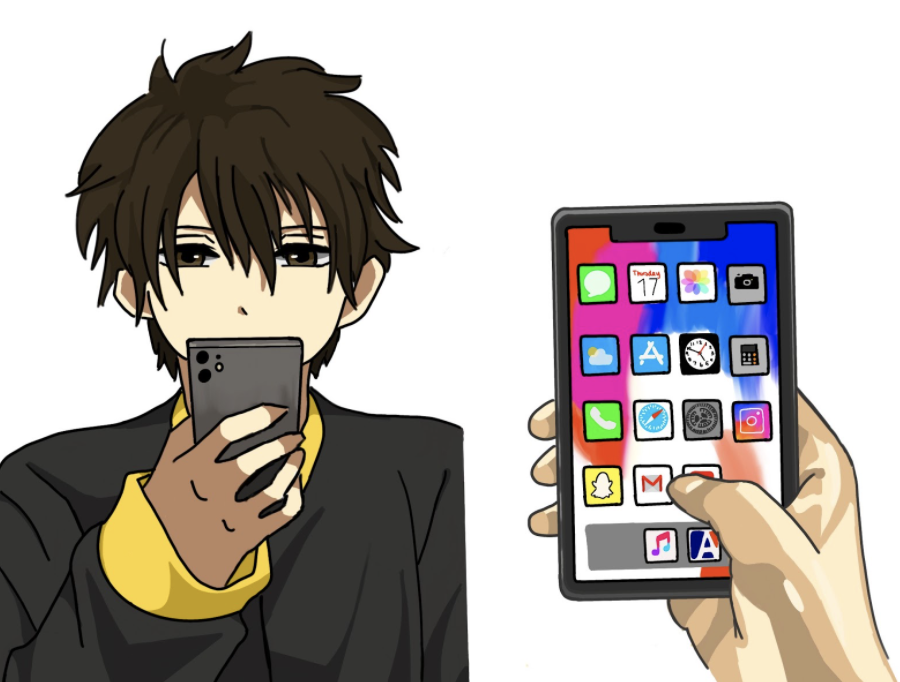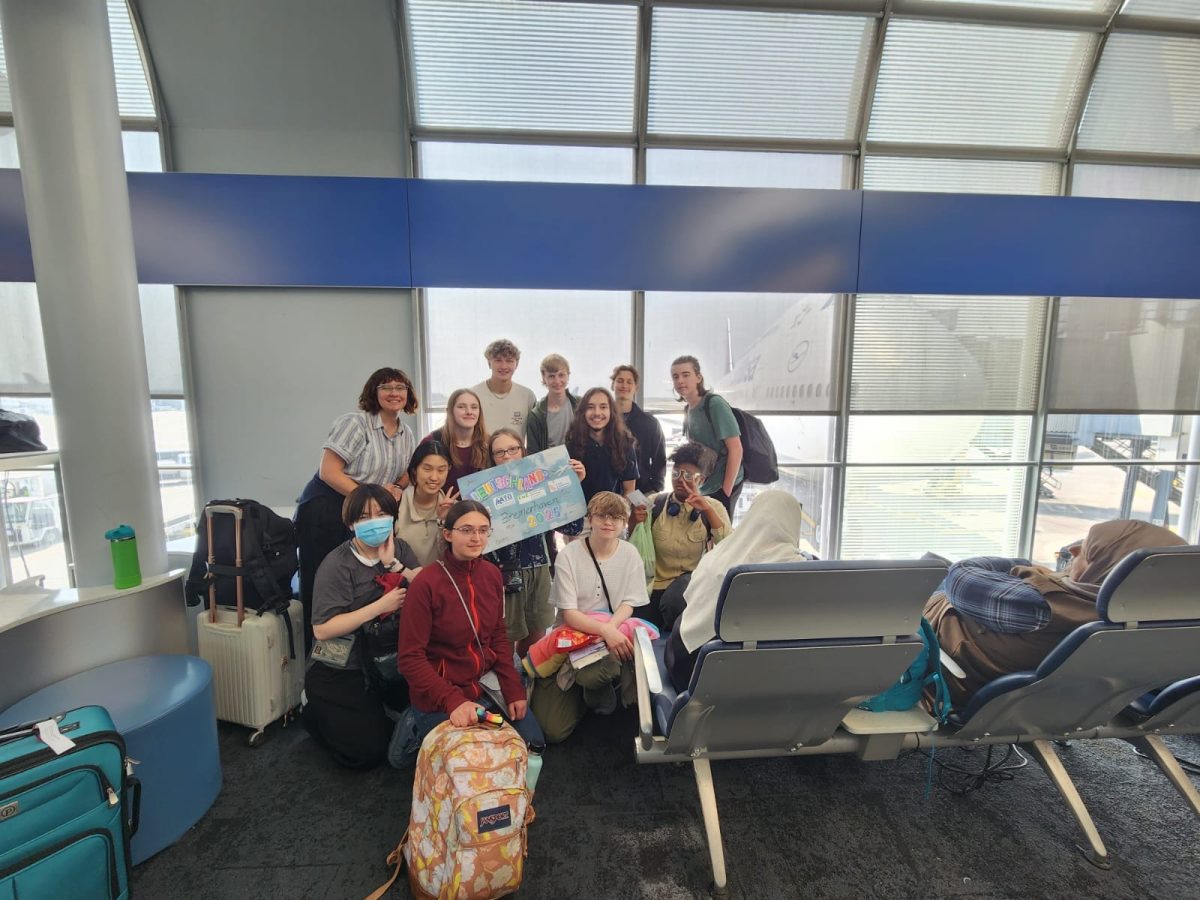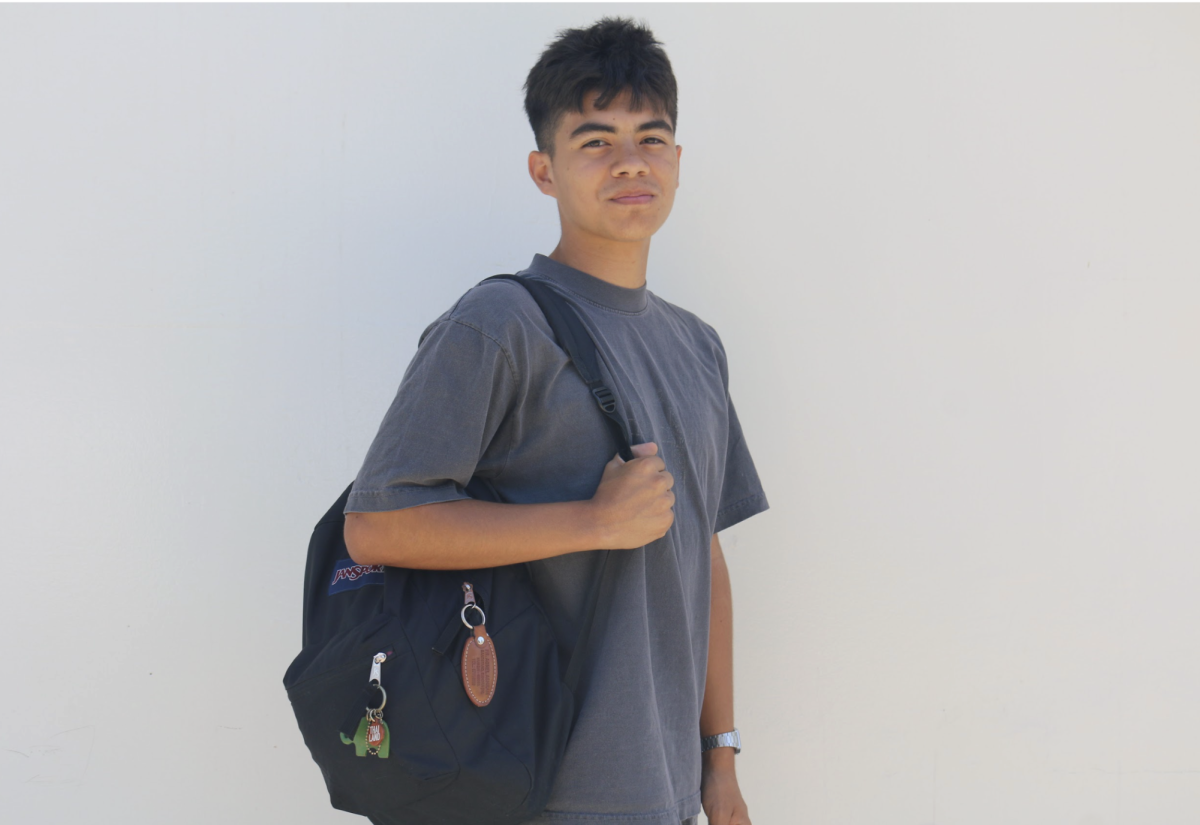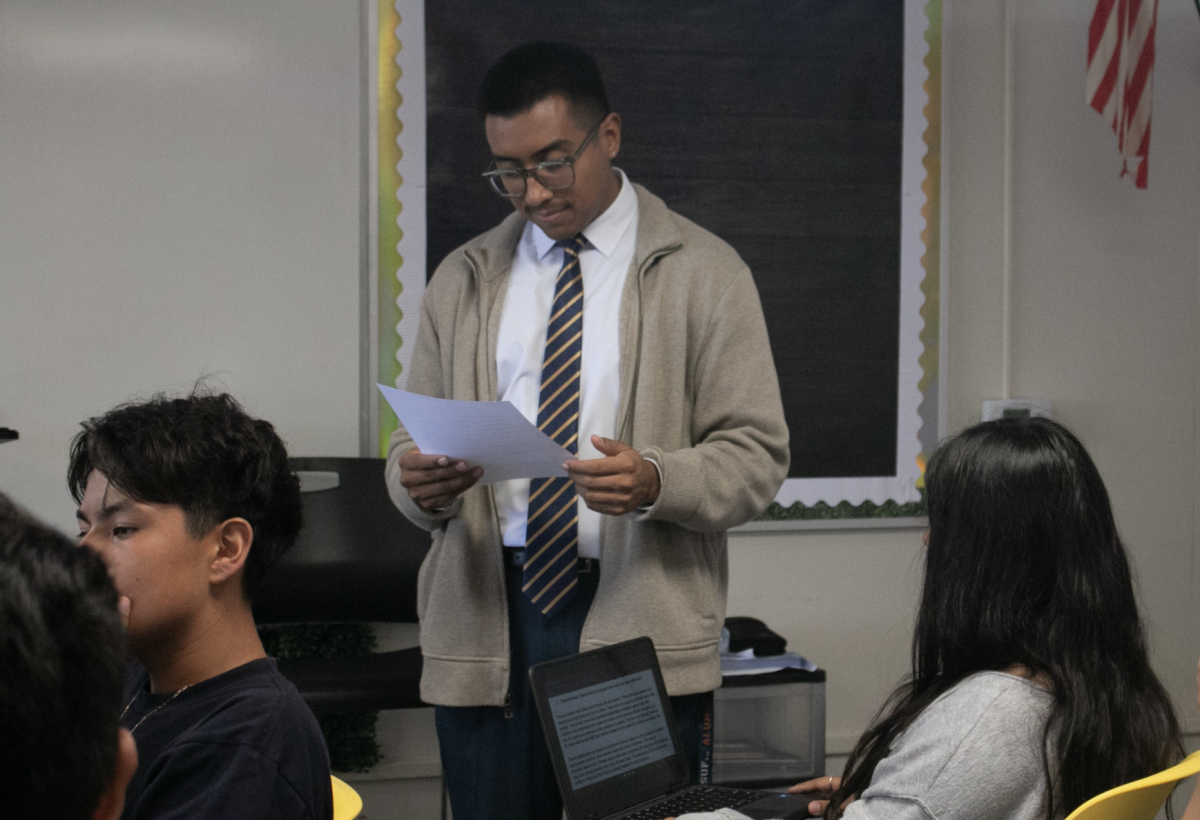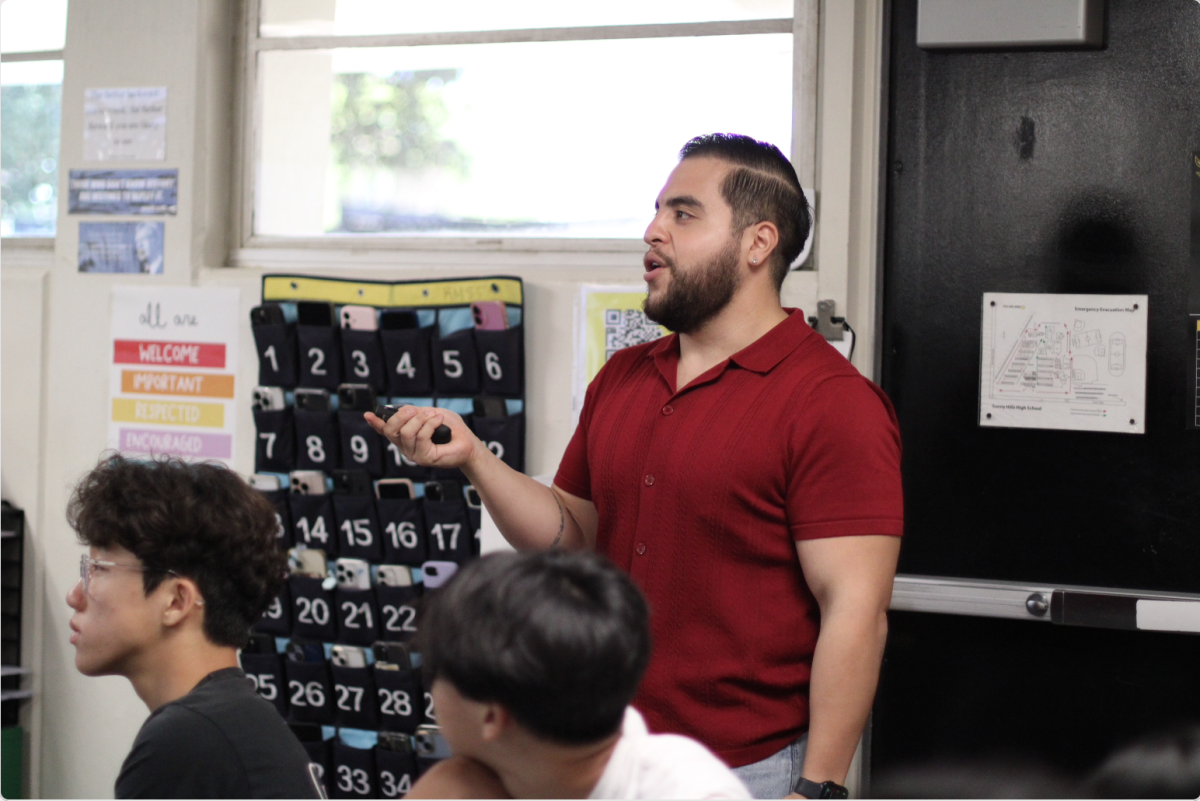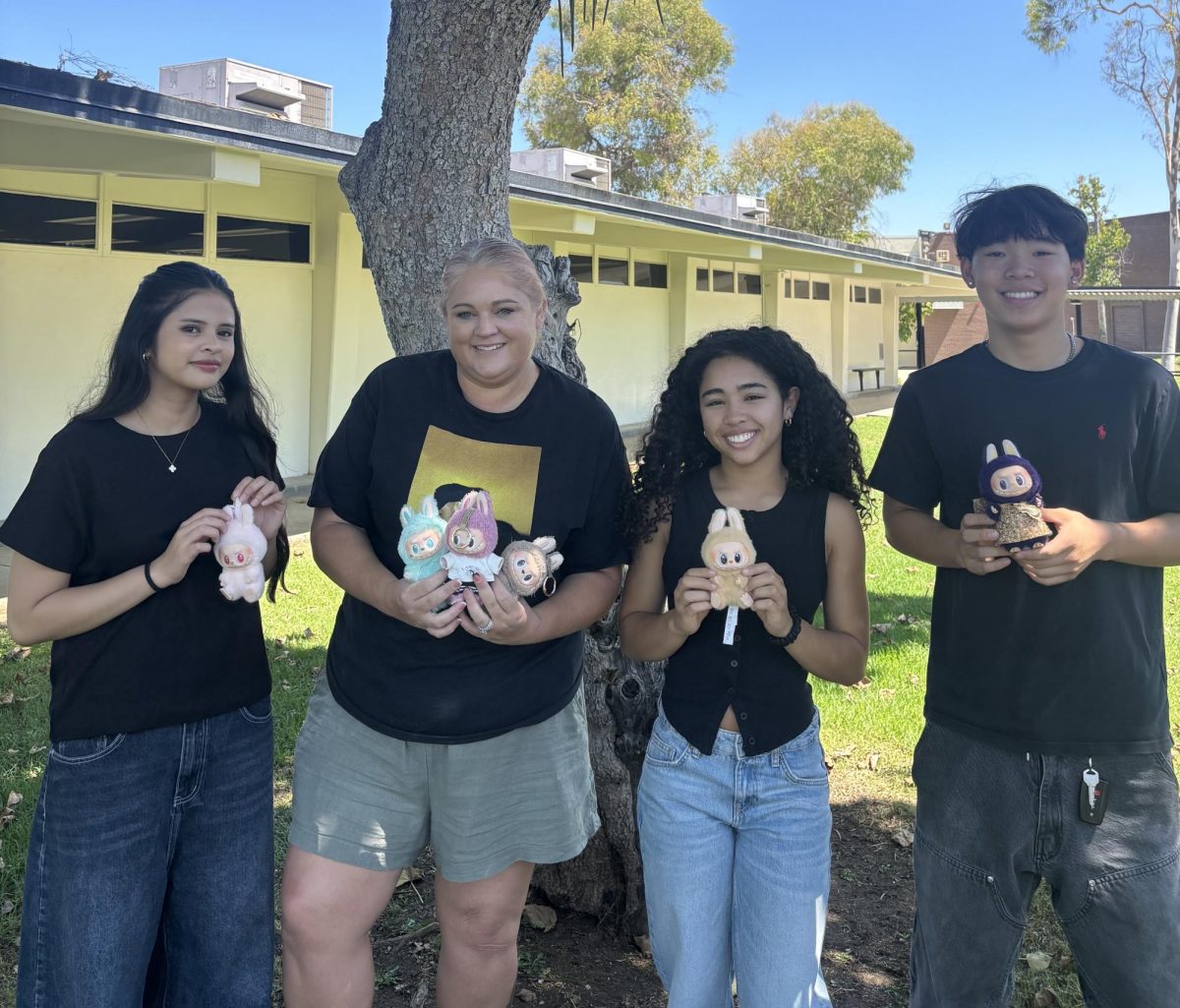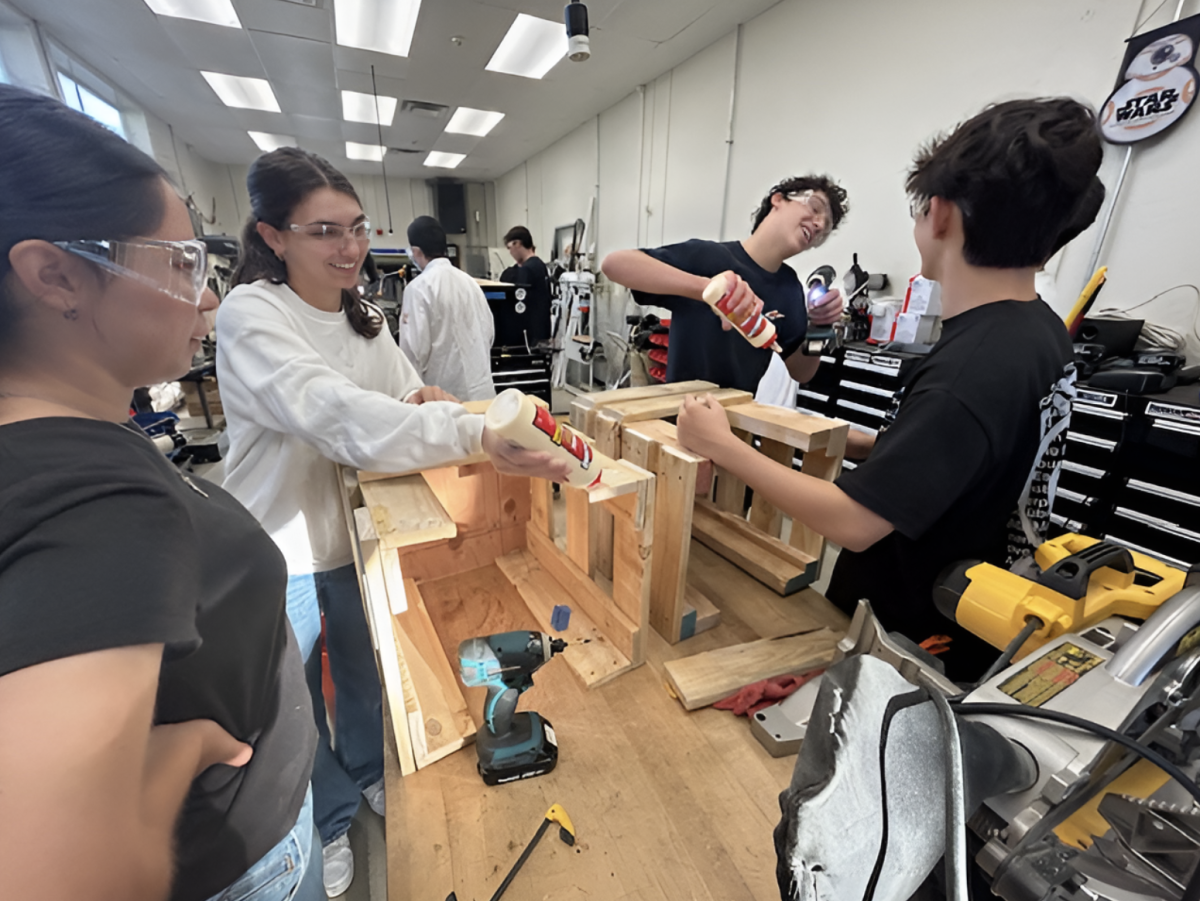Electronic mail, aka email.
Even though this form of communication was invented in the 1970s, it didn’t gain traction until a decade or two later when the Internet became more accessible to the public.
In episode five of Disney Plus’ popular series, “WandaVision,” one scene set in the 1980s features the reaction of a character being first introduced to this marvel invention.
“If I send an email, where would I put the stamp?” Norm jokingly asks Vision.
Forty years later, text messaging-savvy teenagers still know how to use and access their digital inboxes — though they may be oblivious to what a “stamp” is. Whereas emails were known by a previous generation of users to have been a faster way to communicate with friends and family, Gen Z youth primarily rely upon this method for school-related purposes — preferring to chat with their friends through text messages or virtual platforms like Discord.
And since more students are learning from home because of the coronavirus pandemic, emails have not become extinct yet.
According to polls on The Accolade‘s website, 43 responders said that they check their email more often after classes were shuttered last year.
Senior Henry Johnson is among those who have noticed a stark difference in his email use once COVID-19 hit.
Before the pandemic, “I checked my [school] emails about three times a week,” Johnson says. “Now in quarantine, I check my emails daily. During distance learning, email is the easiest way to stay updated about school and assignments.”
Senior Yerin Cho also acknowledges how the change in learning from home has caused her to rely more on emails.
“I prefer talking in person, so emails were not my first choice when I was on campus,” Cho says. “Now, I’ve been checking them constantly and sending questions to my teachers since we can’t ask in real life.”
Although Cho says she normally checks her inbox, she does not view Google Classroom emails since she knows that her assignments are posted on that digital platform.
“There is no need to check those, but I do always read shared docs or emails from my teachers,” she adds.
Freshman Sara Johnson agrees that the pandemic is one of the top reasons that has caused her to check her inbox more than when she was an eighth-grader at Parks Junior High School.
“Honestly, before COVID-19 I definitely did not check my email as often as I do now,” says Sara Johnson, who accesses her @fjuhsd.org account on a daily basis. “I try to check it twice a day — at night before I go to sleep and in the morning before school starts.
“I also sometimes check when I have free time in class.”
Sophomore Carver Gruber has gone from checking his school email from as few as three times a week pre-COVID-19 to a daily basis now.
“Out of 1-10, I value my school email a 10 because that is really the only way to contact teachers,” Gruber says.
But he also practices his discretion of which digital message to open and which to avoid clicking.
“About [principal Allen] Whitten’s newsletter, I do not read it,” Gruber says. “I read emails that Aeries [the grading app] sends to me about my classes and assignments.”
Advanced Placement English Language and Composition teacher Randy Ouedega has also noticed an unusually high demand for email communication among his students.
“The students seem comfortable using email to communicate with teachers for assignments or questions,” Ouedega says.
Nevertheless, he believes communicating virtually will never replace the experience of being in person in a classroom and engaging in conversation with other peers and the instructor..
“For school business, it is easy to communicate with students,” Ouedega says. “What I miss is being able to talk with students over casual things like getting to know them; you can’t really do that through email.”
Junior Jimmy Guo is among the few whose email checking habits have not changed since last March when state-mandated lockdowns were issued throughout the state.
“Nope, before I always checked my emails, and now it’s the same situation,” Guo says. “I always check to know what classwork and homework I need to finish.”
Henry Johnson understands that email communication — more than Twitter feeds and Instagram stories — would eventually be important should he get a job in the corporate world.
But Johnson isn’t giving up what he believes to be the much faster form of contacting his skater buddies.
“Although emails are important, I personally would rather call or text my friends to hang out than use email.”



